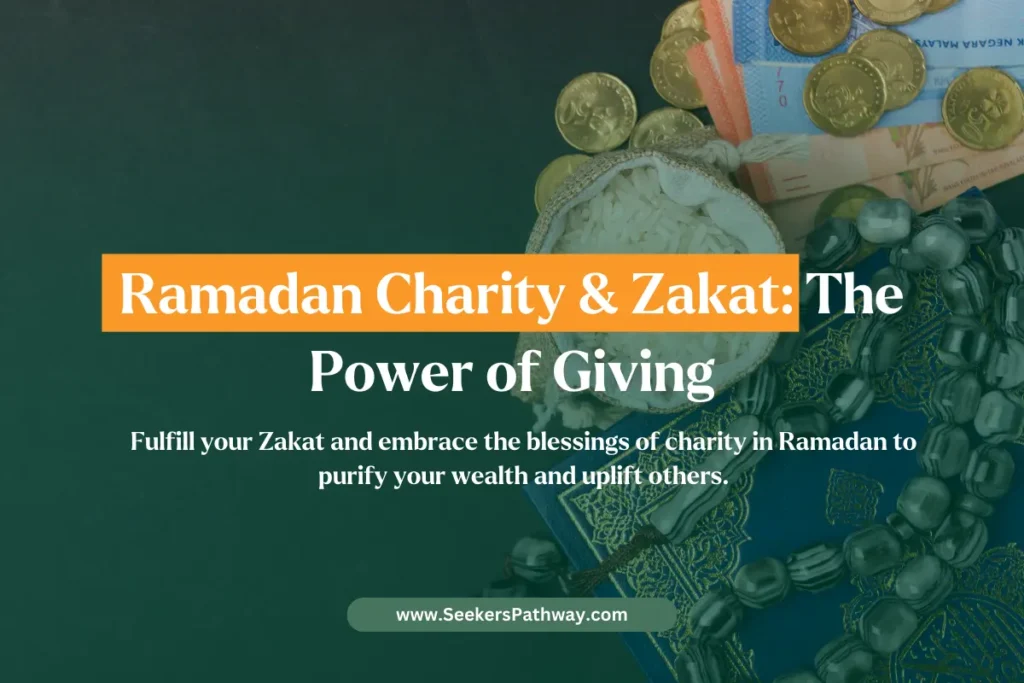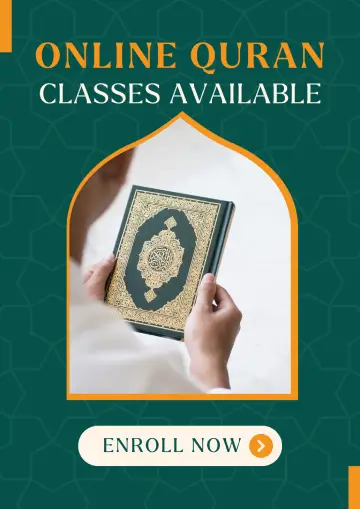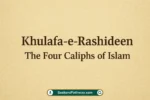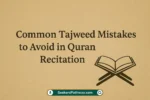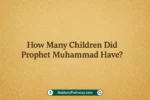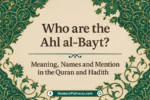The Month of Generosity and Giving
Fasting is one of the Five Pillars of Islam, and believers are reminded that Ramadan should not only be observed with fasting and prayer, but that their connection with Allah is further developed by practicing charity and acts of kindness. One of the cornerstones of Islamic belief encompasses the spirit of giving, which is inextricably woven into the fabric of both obligatory charity, known as Zakat, and voluntary charity called Sadaqah.
The Prophet Muhammad ﷺ was known for his generosity, and his acts of giving increased significantly during Ramadan. Ibn Abbas (RA) narrated:
“The Messenger of Allah ﷺ was the most generous of people, and he was even more generous in Ramadan when Jibreel would meet him.”
(Sahih al-Bukhari 6)
When you give in Ramadan, you perform your responsibilities to the needy, enhance social relationships, and increase rewards because every good deed is multiplied in the blessed month.
The Purpose of Charity in Ramadan
In Islam, charity is not just an act of kindness, it is a crucial part of worship and social responsibility. It purifies an individual’s wealth, removes greediness, and builds a community where wealth is evenly distributed to the people. Allah (SWT) stresses the value of giving:
“You will never achieve righteousness until you spend from that which you love.”
(Surah Aal-e-Imran 3:92)
So, the act of giving in Ramadan increases Taqwa (God-consciousness), which makes us sympathise with the poor. By fasting, we taste the experience of hunger, and by giving to charity, we alleviate the hunger of others, instilling the ideal of empathy and shared responsibility within society.
Zakat: The Duty of Wealth Purification
Zakat is one of the Five Pillars of Islam and so it is a religious duty upon people whose wealth is at least equal to the Nisab (minimum threshold). It is generally determined at 2.5% of one’s savings and should be distributed to deserving recipients, including paupers, debtors, orphan children, and those whose life struggle is for Allah’s sake.
Many prefer to give Zakat during Ramadan, when actions are rewarded seventyfold or more in this blessed month. The Qur’an instructs:
“Take from their wealth a charity by which you purify them and cause them to increase.”
(Surah At-Tawbah 9:103)
Zakat helps prevent wealth accumulation and maintains a fair and healthy economy by redistributing wealth among the socially deprived people.
Sadaqah: The Blessings of Voluntary Charity
In addition to Zakat, Islam provides strong motivation for Sadaqah (voluntary charity), which is available to everyone and is given free of charge and in any amount. Whereas Zakat (obligatory charity) has specific rules, there is no limit on Sadaqah; it may be an act of kindness, a meal for a fasting person, or a monetary contribution to a good cause.
The Prophet ﷺ said:
“The best charity is that given in Ramadan.”
(Sunan al-Tirmidhi 663)
Sadaqah is also a means of protection from hardship, as the Prophetﷺ said:
“Charity extinguishes sins just as water extinguishes fire.”
(Sunan al-Tirmidhi 614)
Regular giving multiplies our rewards, wipes out our sins, and helps nourish the community, so that every individual can be taken care of.

How to Maximise Charity in Ramadan?
Given that rewards are multiplied in Ramadan, people must give sincerely, though it can also be done strategically. Instead of giving everything they planned in one sitting, individuals should feed different people throughout the month to accumulate rewards. Here is how one can give and earn rewards during Ramadan:
- Feeding the hungry – one can provide Iftar for those who cannot afford a meal
- Education – one can pay for a child’s Qur’an education or school supplies.
- Support for the sick and the elderly – one can pay for a patient’s medication or visit a lonely relative.
Other aspects that should be done in Ramadan while giving are the intentions. One should not seek recognition from people, but do it to earn rewards for the Hereafter. The Quran says:
“Do not invalidate your charity with reminders or injury.”
(Surah Al-Baqarah 2:264)
Giving with sincerity ensures that one’s rewards remain intact and are accepted by Allah.
The Connection Between Charity and Laylat al-Qadr
The last ten nights of Ramadan, especially Laylat al-Qadr (The Night of Decree), have great spiritual significance. Any act of charity during the ten days of this single night is better than a thousand months of mankind’s every charitable act committed at this time, representing a donation for over 83 years.
During the last ten nights Muslims tend to maximise their donations, in the hopes of earning as many rewards as possible and to seek forgiveness.
Turning charity into a habit outside of Ramadan can ensure a continuous reward through life, and even after death in the form of a never-ceasing flow of good acts.
Conclusion: Charity as a Path to Jannah
Ramadan is not only about fasting and prayer, but it is also about kindness, generosity, and raising those less fortunate than us. It helps the believers purify their wealth, fulfill their religious obligations, and strengthens their connection with Allah through Zakat and Sadaqah.
Not only does the impact of charity go beyond Ramadan, but it also makes an enduring change in others’ lives. Feeding a fasting person, aiding an orphan, building a well, everything is a stake towards Jannah.
May Allah accept our charity, purify our hearts, and make us among those who give with sincerity and generosity, seeking only His pleasure.
“O Allah, make us among those who give charity in Ramadan, accept our Zakat, and forgive us by Your grace and generosity.” Ameen.
